Are you a fan of both video games and gambling? You’re not alone! In recent years, these two worlds have been converging in exciting ways. From online casinos offering video game-inspired slot machines to virtual reality poker tournaments, technology has transformed the way we gamble. But what does this mean for the future of gaming and how we approach it responsibly? Join us as we explore the thrilling intersection between video games and gambling, and examine its impact on modern entertainment culture.
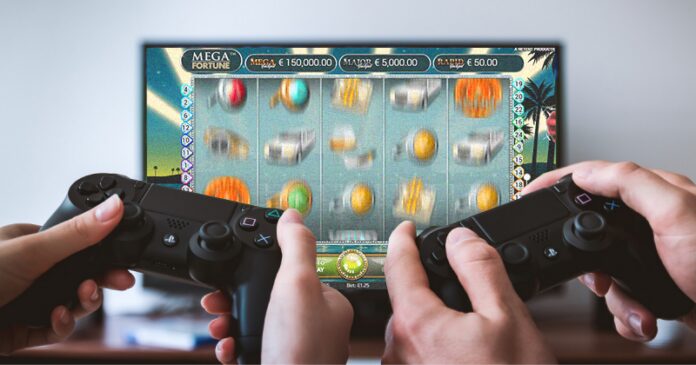
The Emergence of Video Game Elements in Modern Gambling
Over the last decade, the gambling industry has undergone a radical transformation, primarily driven by advances in technology. Most noticeably, elements from video games like Book of Dead Kostenlos have begun to find their way into modern gambling. The once-clear line that separated these two worlds is rapidly blurring, resulting in a novel gaming experience that combines the best of both worlds. The introduction of engaging, interactive features from video games into traditional casino games is aimed at enhancing user engagement, thereby revolutionizing the gaming experience.
Understanding the Concept of “Gamification” in the Gaming Industry
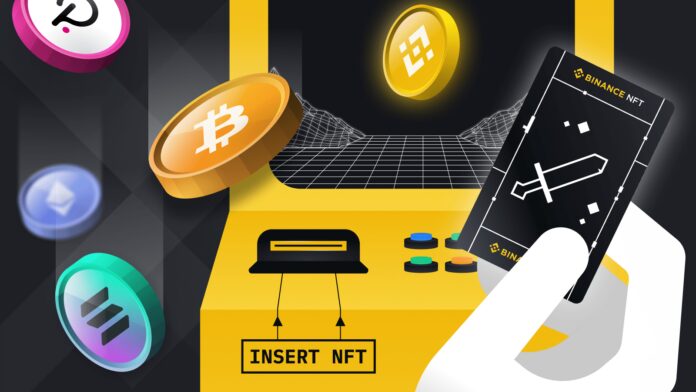
‘Gamification’ is a term coined to denote the intersection of gambling and video gaming. It involves the introduction of betting elements into video games and the implementation of gaming-style features into casino games. The phenomenon can be attributed to the similarities between the demographics of gamers and gamblers, where both industries have substantial overlap. The crossover offers opportunities for cross-promotion and has the potential to increase player engagement dramatically.
The Influence of Video Games on Slot Machines
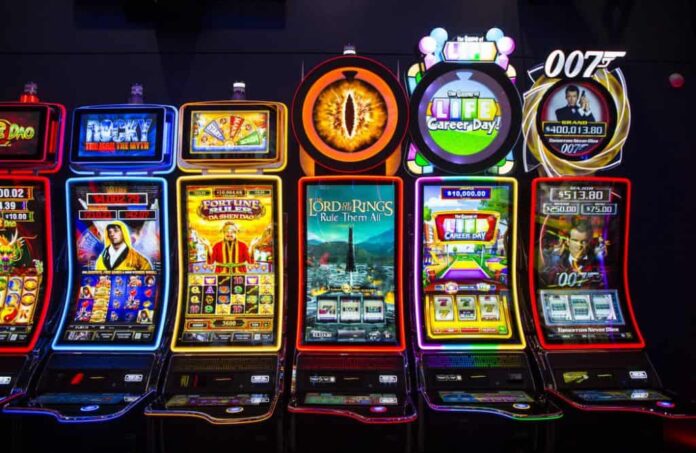
One significant area where the influence of video games on gambling is evident is in the evolution of slot machines. Gone are the days when slot machines were merely mechanical devices with three rotating reels. Today, slot machines have taken on a whole new dimension with the incorporation of video game elements. These new-generation machines feature interactive bonus rounds, progressive storylines, and high-definition graphics, making the gambling experience more immersive and entertaining. This trend toward interactivity borrows heavily from the gaming industry’s success in engaging players over extended periods.
Rise of eSports Betting
eSports, competitive video gaming at a professional level, has exploded in popularity in recent years. With this surge in popularity, betting on eSports events has also grown. Just as with traditional sports, spectators can now place bets on the outcomes of eSports matches. This trend blurs the lines between gaming and gambling even further and signifies the growing acceptance of this convergence among consumers. The eSports betting market offers the same level of thrill and excitement as betting on traditional sports, making it an appealing option for both gamers and gamblers.
The Role of Virtual Reality
Virtual Reality (VR) is a transformative technology that has the potential to revolutionize many industries, including gambling. VR can provide gamblers with immersive experiences that replicate the thrill and excitement of a physical casino from the comfort of their homes. By wearing a VR headset, gamblers can walk around virtual casinos, interact with other players, and play various casino games. As VR technology continues to mature, the line between video gaming and gambling will continue to blur, leading to a more immersive and engaging experience for players.
Loot Boxes and Microtransactions: A Gateway to Gambling?

The practice of offering ‘loot boxes’ in video games has attracted attention from regulators worldwide, mainly because it seems to introduce gambling-like experiences to gamers, including minors. Loot boxes are virtual items that can be purchased using real or virtual currency and contain a random assortment of in-game items. This mechanism resembles gambling as players spend money on an unknown outcome with the hope of receiving a valuable reward. Similarly, microtransactions, where players can purchase in-game items or advantages, also draw parallels with wagering.
Regulatory Challenges and Ethical Concerns
The convergence of gaming and gambling raises significant regulatory challenges and ethical concerns. One of the main concerns is the exposure of minors to gambling-like experiences through video games. Regulatory bodies worldwide are grappling with how to address these challenges and protect consumers, particularly vulnerable populations. These issues are likely to become even more critical as the convergence of gaming and gambling continues to evolve.
The Psychological Impact: Similarities in Gaming and Gambling Addiction
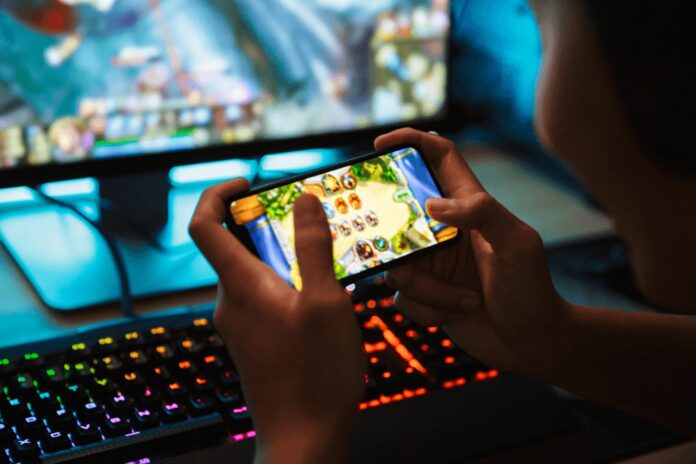
The convergence of gaming and gambling also has implications for understanding and treating addiction. Studies suggest that there are notable similarities in the psychological processes involved in gaming and gambling addiction, including the role of reward pathways in the brain. The convergence of gaming and gambling, particularly in the context of loot boxes and eSports betting, may therefore contribute to increased rates of addiction and present new challenges for addiction treatment and prevention.
How Blockchain and Cryptocurrency are Bridging the Gap between Video Games and Gambling
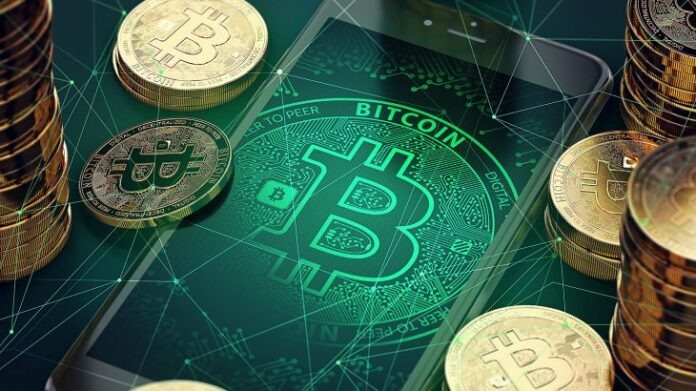
Blockchain technology and cryptocurrencies have the potential to further bridge the gap between video games and gambling. By integrating these technologies, game developers can create decentralized gaming platforms where players can trade, sell, and bet in-game items using cryptocurrencies. Furthermore, the use of smart contracts can ensure fair gameplay and transparent transactions, enhancing players’ trust in the system.
The Future of Gambling: Predicting the Next Phase of Gaming-Influenced Betting

As we look toward the future, the convergence of gaming and gambling seems poised to continue. The incorporation of advanced technologies, including artificial intelligence, machine learning, and augmented reality, can create even more immersive and engaging experiences for players. The fusion of these worlds presents exciting opportunities but also raises complex ethical and regulatory challenges. It is crucial for industry stakeholders, regulators, and society at large to navigate this new terrain carefully to harness its benefits while mitigating potential risks.
Conclusion
As the lines between video gaming and gambling continue to blur, it’s becoming increasingly clear that video games are having a profound influence on modern gambling. Through the use of innovative technology and user interfaces, game developers have been able to create immersive experiences that bring together elements of both gaming and gambling in ways never seen before. This convergence is changing how people experience betting and has opened up new opportunities for both gamers and gamblers alike. We can only imagine what future developments will bring as this phenomenon continues to evolve.









